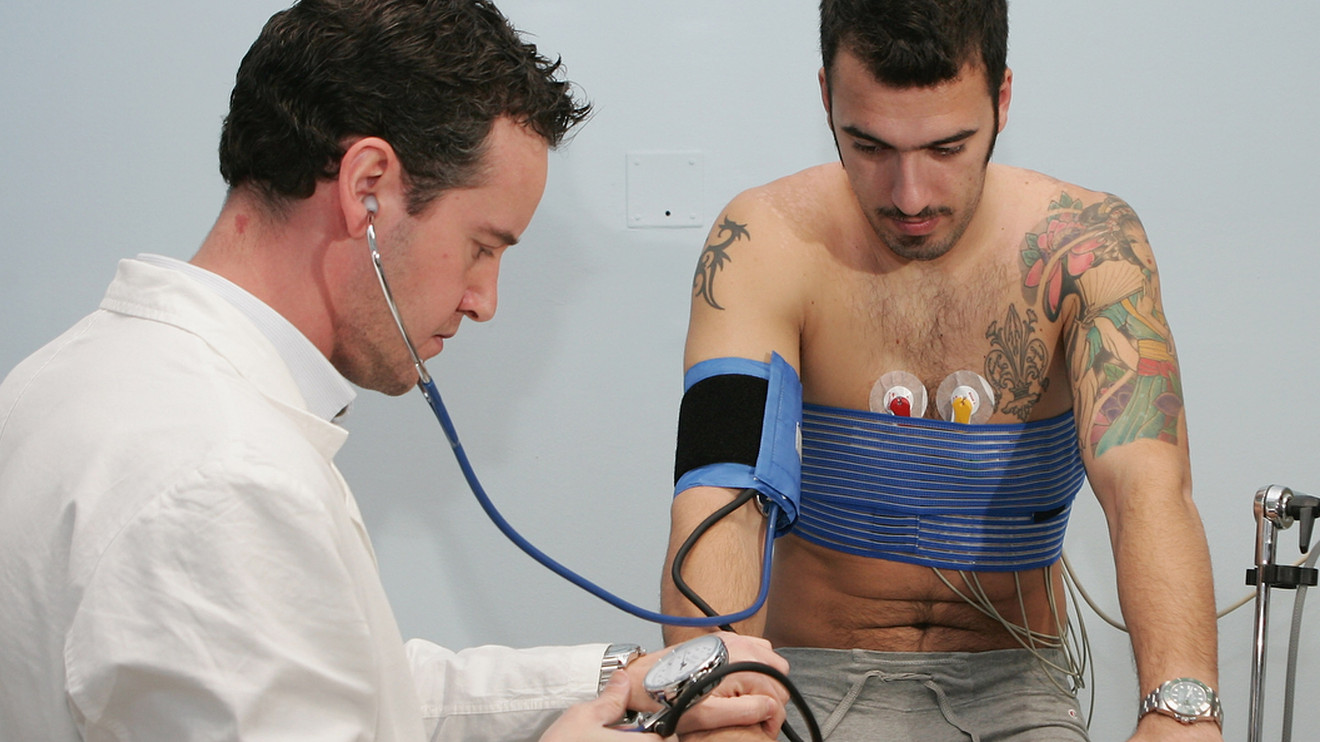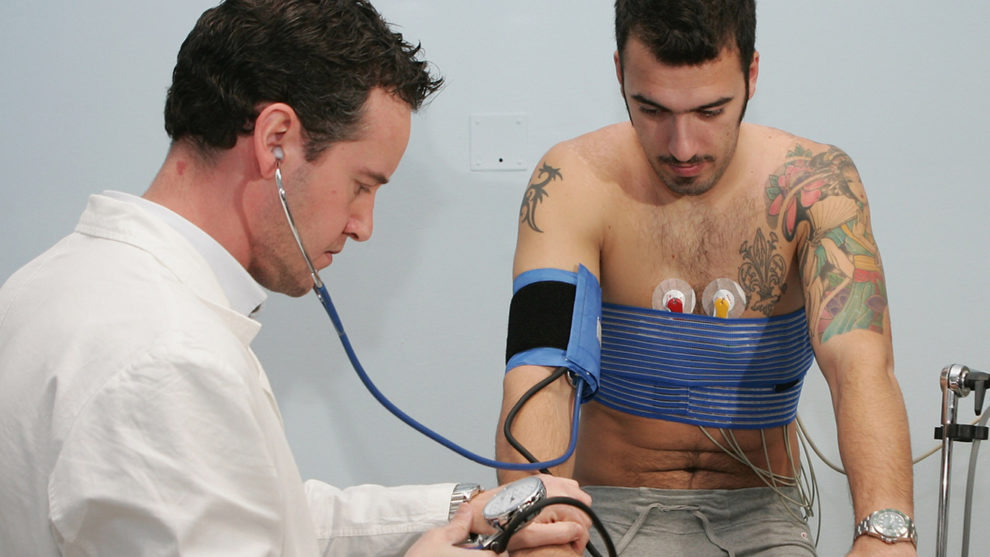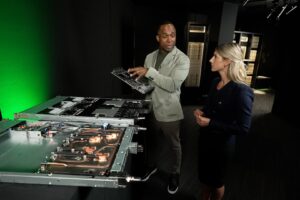
A recession is coming. As long as the economy moves in cycles, a recession will always be coming. Right now there is more talk about a downturn than usual. You can’t pick up a newspaper or click on a financial site without finding some discussion of recession indicators and concerns.
What should you do?
Understand that my track record at predicting recessions and timing the market is no better than anybody else’s. I stopped trying long ago. That said, I have invested through several recessions, and expect to live through several more.
What experience I have, I will share, along with my own preparations and thoughts as we face increasing prospects of an economic downturn….
History
My memories of the dot-com crash are starting to fade. It was mostly a footnote to my financial progress. At the time our net worth was around $500,000, so we had meaningful investments, but I was nowhere near financial independence or retirement. I knew enough to keep investing in broad-based, low-fee mutual funds, and I didn’t change my strategy. Though I did lose money in some small speculations on the side.
The Great Recession of 2008-2009 was another story. My net worth had recently crested $1 million and I was beginning to entertain thoughts of early retirement. I was reading everything I could find on the topic. I was also playing with the rudimentary retirement calculators of the day as well as running my own models.
Then the bottom fell out of the stock market DJIA, -1.08% and the economy. This time around I knew much more about investing. I rebalanced my portfolio as best I could. I kept up my 401(k) contributions, even increased them near the bottom. But, though I still expected to retire early, I gave up all hope of retiring on any schedule. That would have to wait for economic conditions to improve, and it was several years before I could revisit the question.
When I finally did retire in April of 2011, the economy was much more auspicious. In fact, we now know it was the start of a record bull market.
That market, I’ll admit, has made the first stage of my retirement much easier. The threat of sequence of returns risk has steadily diminished with each passing year of growth. After the first half-decade of early retirement, no longer obsessed with running retirement calculators or honing our budget, we’ve been able to put our finances on autopilot, and spend some extra on luxuries.
But, neither you nor I should be seduced into recklessness by the ease of my first decade in retirement. We are that much further into the economic cycle, and storm clouds are gathering….
Signs of recession
Given that we are in the midst of the longest bull market in American history, it’s no surprise that pundits have been predicting its demise for some time. It could be tempting to dismiss them for crying wolf.
Except that markets have always been cyclical. Betting against that behavior seems a lot less wise than assuming we will again be in a recession eventually.
Add to that inevitability that some leading indicators have begun to lag. There is weakness in manufacturing and farming, and business investment is soft.
Another indicator, the yield curve for government bonds, has “inverted.” This means investors are willing to take less interest to lock up their money for longer time periods, because they believe the economy looks bad in the short term. It’s an arcane statistic, except it’s preceded every recession — on average 14 months in advance — for more than 50 years.
Add to those signs the trade war with China, with tariffs at levels we haven’t seen in most of our lifetimes, and global trade volume down. There are many reasons to be pessimistic about the economy now.
Opinion: The other dangerous trade wars investors shouldn’t overlook
Though to be fair, there are positive indicators too as well as indicators that haven’t turned negative yet. Consumer spending is a big one, though consumers are notably fickle and can easily shut their wallets at the first sign of bad news — economic or political. Also, unemployment remains low, though it, too, is a short-term indicator without much predictive value.
Finally, nobody can precisely predict the timing of economic cycles. As alarming as things might look, most experts don’t believe that a recession has started yet, and many don’t even believe one is imminent.
Preparing: Income/cash
The most important area to address and protect in preparation for a recession or depression, in my view, is your income. But that means different things to different people:
If you are a 20- or 30-something, we’re talking having a job and job security. Being newer in your job and career, you may not have much of that, unfortunately. A recession could threaten your employment with layoffs. But there are still steps you can take to improve your situation: You can optimize your efforts at work to make sure you’re seen as indispensable. You can broaden and exercise your professional network to make sure you have leads in the pipeline should you need a new job. And you can beef up your emergency fund with six to 12 months of living expenses, so you don’t have to panic about losing lifestyle or a roof over your head if you’re between jobs for a while.
For a typical baby boomer retiree, it’s different. You probably have minimal to no pension, and a Social Security payment that doesn’t cover all your living expenses. Perhaps you have an annuity that smooths out your income stream. If so, that’s great. Though, unless it’s inflation-adjusted, you may still need to harvest investments to meet ongoing expenses over time.
For typical recent retirees, income security is all about cash on hand.
In the end, many of us will need to sell some investments from time to time to provide cash for living expenses. And it’s having cash on hand that prevents us from having to make those sales at the worst times during a recession.
How much cash do you need? In my second book I review statistics from the Schwab Center for Financial Research, retirement researcher Wade Pfau, and the National Bureau of Economic Research on how long market cycles last. My conclusion: “Bottom line, to outlast a run-of-the-mill bear market, you should have three years of cash on hand. And for a worst-case recession/depression, you’d better have close to a decade worth of cash, plus other conservative investments you could rely on once cash runs out. “
Note, though “cash is king” in a downturn, the bigger point is that you need liquid assets that will hold their value. Short-term bonds, gold, and other instruments can fit that description as well.
Read: Don’t avoid bonds — here’s how to build your own portfolio
Preparing: Debt
No matter how much you plan, your income is likely less secure during a recession. That means this is a time, more than any other, to avoid debt.
Debt represents an ongoing obligation for your cash flow. If you can’t meet that obligation, the repercussions are huge: losing a house or vehicle, or being forced to sell assets at a loss.
I’m never a fan of debt, and the implications for debtors during economic hard times are one major reason. As Warren Buffett famously says: “You only find out who is swimming naked when the tide goes out.” You don’t want to be caught overexposed to debt payments during hard economic times.
Not only debt, but any ongoing financial commitment is burdensome during a recession. So this is also a questionable time to be signing up for expensive new memberships, or subscriptions, or any ongoing inflation of lifestyle.
Preparing: investments
What about your investments, specifically your asset allocation? Should that change going into a recession?
Generally, the answer is “NO.”
Because the timing of a recession is not predictable, your asset allocation should be designed to NOT need adjustment just because one is on the horizon. You should own the mixture of stocks and bonds that lets you sleep at night without needing to predict what kind of economy you’ll wake up to the next morning. That’s the whole point.
That said, if this is your first recession and you’re realizing that you are more risk-averse than you thought, or don’t know how risk averse you are, then making your asset allocation more conservative might be warranted.
And, if you’re a current retiree who needs cash for living expenses, and decides that now is a good time to sell potentially overpriced assets, I would not criticize. In fact, I’ve made that move myself.
Finally, one of the best steps you can take to prepare for a recession is to increase your knowledge and double-check your attitudes about market downturns: Do you understand that markets always go down at some point? That reacting after they go down is usually a terrible idea? That maintaining a diversified portfolio at all times is your best defense against panic and loss?
If you are unclear on any of these points, or doubting your commitment when the going gets tough, then more reading and thinking on long-term investing fundamentals are in order.
My portfolio checkup
I’ll end with a quick review of my own portfolio. I’m not in a panic by a long shot, but, yes, I’m concerned about the economy, and with maintaining our cash flow during the next inevitable recession. So this month I did a quick portfolio review, and made some small moves to make sure we are prepared.
Much of our stock holdings are in two balanced funds: Vanguard LifeStrategy Moderate Growth VSMGX, -0.33% and Vanguard Wellesley Income VWINX, -0.04% VWIAX, -0.02%. Though there are some trade-offs, such as not being able to access our stock or bond allocations separately, these funds greatly simplify our lives as we get older. They are “all-weather” holdings that we don’t have to worry about managing. We can leave them alone for long periods and withdraw from them as needed, without worrying about the state of the market. The 10-year return on the LifeStrategy fund is 8.43%. The 10-year return on Wellesley Income VWINX, -0.04% is 8.26%. Though it has been a bull market, those are wonderful returns for a conservative retirement portfolio.
However, there was one holding that felt a bit overweighted in the face of an aging bull market: Vanguard FTSE Social Index Fund Admiral Shares VFTAX, -0.84%. This is a pure stock fund of mostly large-cap growth companies. The four top holdings are Microsoft MSFT, -1.32%, Apple AAPL, -1.46%, Alphabet GOOG, -1.66% GOOGL, -1.76% and Facebook FB, -1.77%. Though I’m an engineer and a fan of technology, I’m not wild about the headwinds facing these companies. Given that, coupled with the increasing possibility of a recession, I decided to make a small move.
This is what I do when I have concerns about my portfolio, but don’t want to overreact. I’ll make a small move of a few percentage points that helps me feel like I’ve “done something” without making major changes in my asset allocation or long-term strategy. So this week, I moved about 2% of my net worth from those highflying growth stocks to Vanguard’s Intermediate-Term Treasury Fund VFIUX, +0.17%. It happened in a retirement account, so there were no tax implications.
Next, I harvested about 3% of our net worth out of Vanguard Wellesley Income as cash. That increased our cash reserves to about three years of living expenses. Though I generally feel good about the fund, it has grown to an uncomfortably large proportion of our net worth (about 33%). Additionally, I’m not wild about any active management these days. And, though conservative, the Wellesley fund is actively managed. This sale was in a longstanding taxable account, so it will generate a capital gain. However the amount will be nowhere near large enough to push us out of the two lower tax brackets. So we’ll pay no tax on that gain.
My thought process when making investment decisions like these for harvesting income is always the same: If I take some money off the table now and the market keeps going up, no problem, we own enough stocks (more than 40% of our asset allocation) to benefit. On the other hand, if the market goes down, especially for an extended period, I will be very happy to have locked in a few more years of income. We aren’t needing or trying to get rich off the market these days. We just want to protect our nest egg from downturns (by holding enough bonds and cash) and from inflation (by holding enough stocks), while allowing for a little upside if things go well.
So as I write this, my asset allocation has settled at 42% stocks, 39% bonds, 7% gold, and 12% cash. As mentioned, our cash reserves are enough to cover several years of living expenses. Beyond the cash, we have gold and bonds to last a decade or more. Those are assets that typically hold up well during recessions, and can even appreciate when the economy is in the doldrums.
So my plodding, conservative portfolio is no speedboat, even in boom times. But, when the economic storm clouds gather and the seas begin to rise, the battleship-worthy diversification into reliable, old-fashioned asset classes is prudent and reassuring.
Darrow Kirkpatrick retired at 50 after a career as a software engineer. He writes on his blog, Can I Retire Yet, where this first appeared.










